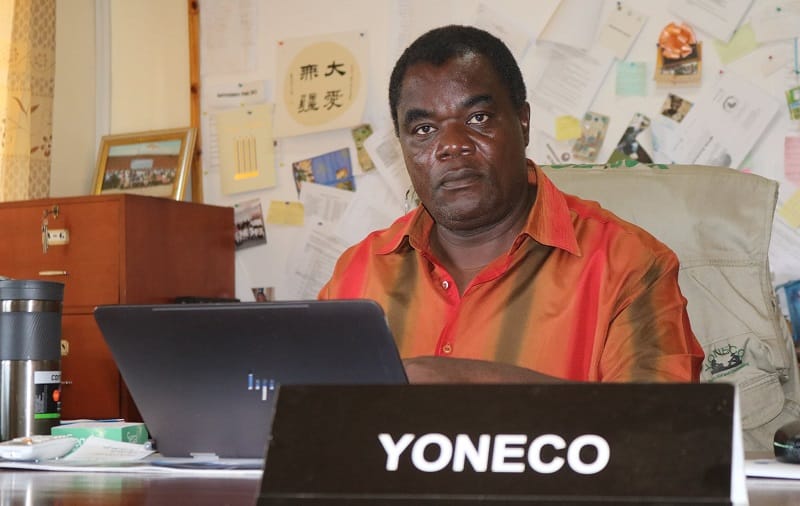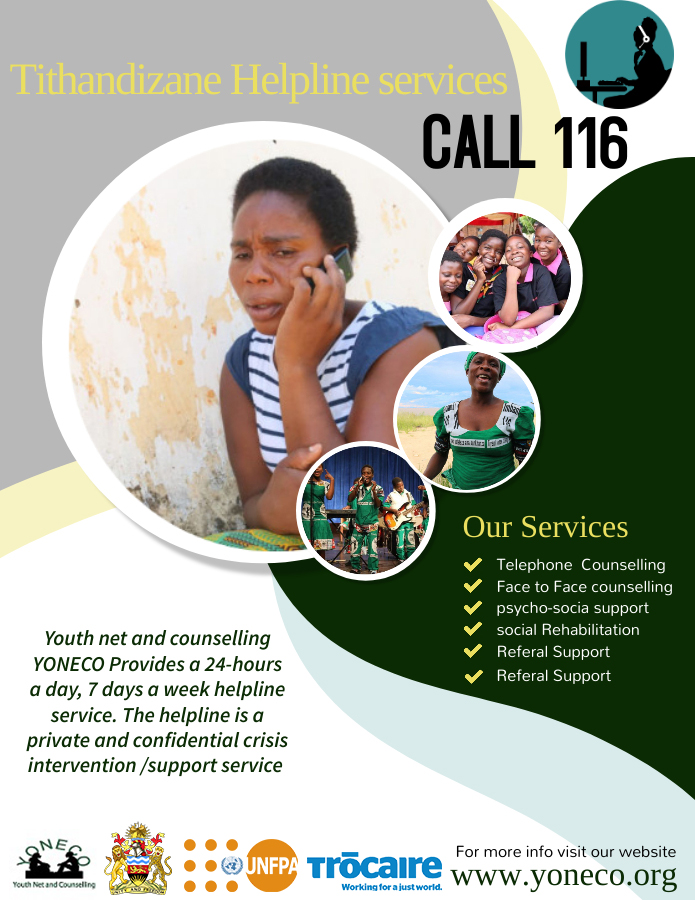We are in September 2024 and have four months until the end of the year. We need to start thinking and reviewing our year and asking what we are achieving, what we are not achieving. At YONECO, we note that there are a number of issues that need to be reflected on.
Firstly, we would like to reflect on the just released two national examination results. We need to commend MANEB for the timely release of the Primary School Leaving Certificate of Education (PSLCE) and Junior Certificate of Education (JCE) examinations results. We note that for the 252, 668 candidates sat for PSLCE examinations and 217, 708 passed the exams representing an 86.1 % pass rate. This is a slight decline from last year’s pass rate of 87.77 %. For the JCE, a total of 154, 504 candidates sat for the examinations and out of the total, 110, 002 candidates passed, representing a 71.2 % pass rate. This, again, is a decline from last year’s 72 % pass rate. It is quite interesting that male candidates outperformed their female counterparts, and performance is notably higher in urban as compared to rural schools.
We may want to reflect on gender disparities in education and begin to interrogate why this is happening with all the investments in gender dialogue. Would it be that we are using the wrong approaches? We therefore call upon the stakeholders in gender and development to review the processes and engage the communities to ensure that we close the gap. This requires an analysis in the understanding of the gender disparities in the communities. On the other hand, the rural-urban disparity in academic performance. We need to examine and address this issue and ensure that the quality of education in rural areas is not compromised. We noted through social media the reaction of parents and all stakeholders on the performance of the children. However, not much was spent on finding solutions. It is high time we need to focus on education and parenting including the role of fathers in the education of their children.
The International Literacy Day falls on September 8, 2024 and the theme is ‘Promoting Multilingual Education: Literacy for Mutual Understanding and Peace’. While this is a situation, Adult Literacy Education (ALE) in Malawi is not given the attention it deserves. We need to reflect on financing ALE at all levels. The need for financial support towards adult literacy education can not be overemphasized. We call on all the stakeholders to revisit the financing mechanism for ALE.
As we commemorate the International Day of Democracy on 15 September 2024, we need to think critically of the shrinking spaces for Civil Society Organizations (CSOs) and the general population. We have seen two conventions in the two major parties where decisions on the positions were already decided, thereby making it difficult for the participation of the youth and women. We therefore need to focus on how we nurture the democratic processes. People’s right to vote is being compromised at various levels and having predetermined candidates makes a mockery of democracy.
We conclude our discussion for this edition by looking at the World Tourism Day which falls on 27 September with a theme of ‘Tourism and Peace’. World Tourism Day is commemorated annually on 27 September to foster awareness among the international community of the importance of tourism and its social, cultural, political, and economic value. Malawi currently has a major component and needs to revisit using tourism to enhance peace. While focusing on tourism, let us review how tourism is impacting the youth, women and children.


